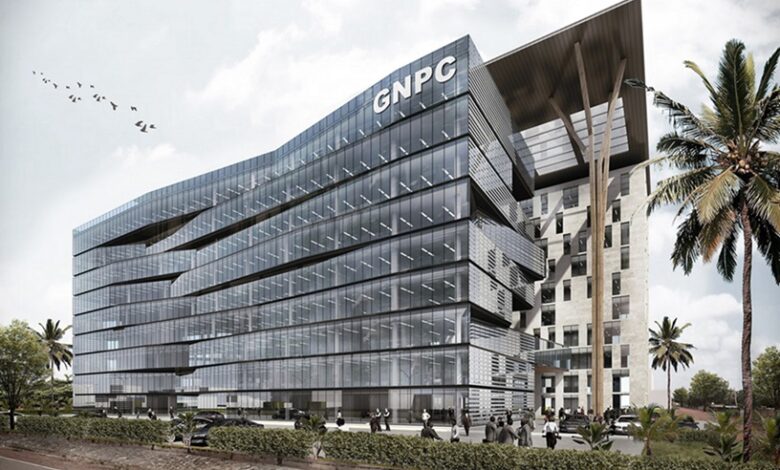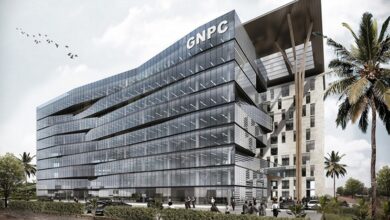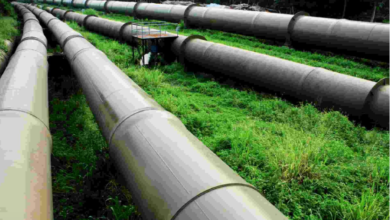GNPC facing operational setbacks due to delays in petroleum revenue allocation – PIAC

The Public Interest and Accountability Committee (PIAC) has highlighted significant challenges faced by the Ghana National Petroleum Corporation (GNPC) due to delays in receiving its share of petroleum revenues. According to PIAC’s Technical Manager, Mark Agyemang, GNPC often experiences delays of up to 50 days in receiving its budgeted allocations from the Petroleum Holding Fund (PHF), despite a legal requirement under the Petroleum Revenue Management Act (PRMA) for these funds to be disbursed within three days.
“This delay is a clear violation of the law,” Agyemang stressed, noting that such infractions severely hinder GNPC’s operations. Despite being prioritized in the distribution of petroleum revenues, GNPC has regularly faced setbacks, with Agyemang calling for stronger adherence to the PRMA by the ministries responsible.
Agyemang further discussed the financial strain imposed on GNPC by the government, which often requests the corporation to provide pre-financing, loans, or guarantees for other state-owned enterprises (SOEs). “GNPC is owed nearly a billion dollars by the state, due to loans provided to entities like the Volta River Authority (VRA), Electricity Company of Ghana (ECG), and the Western Corridor road project,” he revealed, adding that this dual responsibility of funding and owing state entities creates a financial burden on GNPC.
He advocated for an amendment to the governance structure of GNPC, suggesting that diversifying appointments to the corporation’s board would allow it to resist unsustainable government requests. “If the governance structure is diversified, GNPC can have the independence to say no to some of these demands,” he said.
PIAC-GNPC Dispute Over JOHL Revenue Allocation
Agyemang also addressed the ongoing dispute between PIAC and GNPC over revenues generated by Jubilee Oil Holding Limited (JOHL), a subsidiary of GNPC. The controversy stems from JOHL’s first oil lifting, which occurred before it was officially registered in Ghana, in violation of the Exploration and Production Act. PIAC has maintained that revenues derived from JOHL should be paid into the PHF, in line with the PRMA, while GNPC argues that since JOHL is incorporated under the Companies Act, it does not fall under PRMA jurisdiction.
PIAC reiterated its stance in its 2023 Annual Report, and Agyemang expressed hope that Parliament would address the issue when it reviews the report. He emphasized that petroleum revenues should be managed under the PRMA, not the Companies Act.
GNPC’s ability to navigate these challenges will be crucial as the corporation faces mounting pressures from delayed revenue payments and substantial financial obligations to the state.




